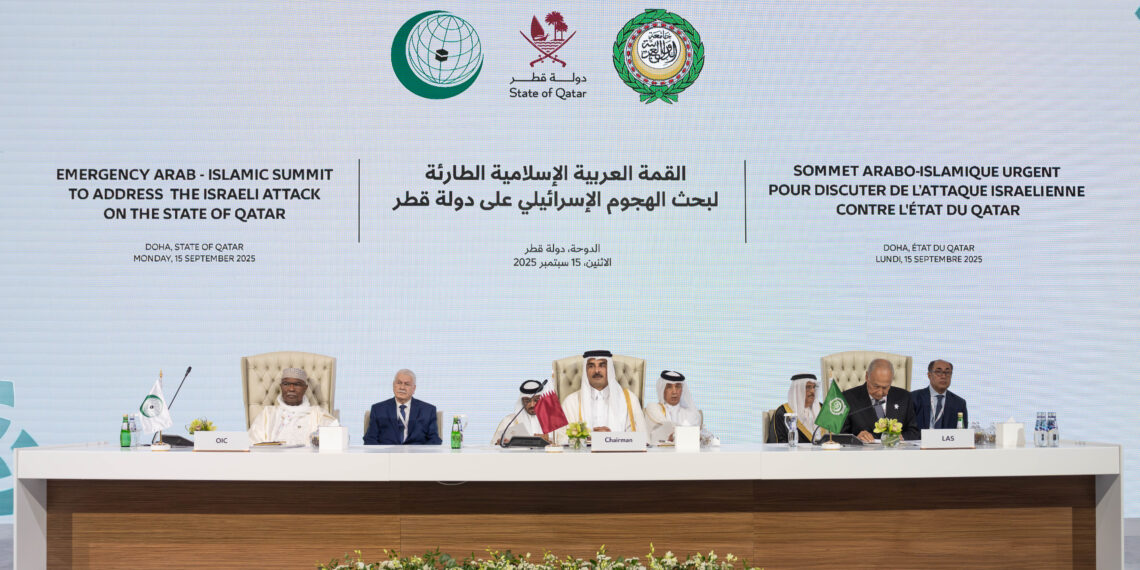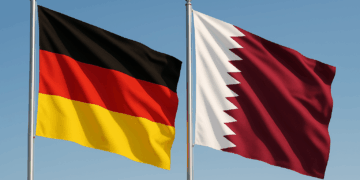The Sudanese government, headed by Prime Minister Kamil Idris, announced a package of emergency decisions aimed at addressing pressing economic challenges, most notably halting the sharp decline in the value of the Sudanese pound and combating the smuggling of gold, one of the country’s most important sources of foreign currency.
The decisions, issued by the “Economic Emergency Committee” headed by the Prime Minister, focus on several areas, including strengthening oversight of import and export operations, combating smuggling, and tightening control over the gold sector. Prominent among these measures are restricting the purchase, marketing, and export of gold to a single government entity, establishing a national digital platform to monitor the movement of goods, and reviewing import and export policies to ensure smooth flow and control of foreign exchange revenues.
The decisions, particularly those related to the state’s monopoly on gold exports, have received mixed reactions from experts and relevant sectors. The Khartoum State Gold Traders Chamber welcomed the decisions, with Chamber Chairman Khaled Al-Khanjar Tabidi describing them as an “important step” that would enable the state to control this vital resource. He stipulated that their success would require providing purchasing outlets from traders at globally competitive prices to close smuggling routes.
Professor Kamal Ahmed Youssef, Dean of the College of Graduate Studies at the University of Nilein, noted that the decisions are “good but require an implementation mechanism with strong powers.” He emphasized the importance of regulating banking procedures in import and export operations as a pivotal factor in controlling the foreign exchange market. He called for a comprehensive approach to the gold sector, from extraction to export, and for curbing random mining, which produces approximately 80% of the country’s gold, according to the Ministry of Minerals.
On the other hand, Mubarak Ardol, former director of the Sudanese Mineral Resources Company, expressed strong reservations about the decisions, considering that the state’s monopoly on gold exports “kills free and fair competition” and casts a negative shadow over the private sector. He pointed out that the monopoly policy had been tried before and failed, warning that forcing producers (the private sector) to sell to the state at a price set by the latter could lead to a decrease in official revenues that the state had previously received through legal channels. Instead of monopoly, Ardol proposed a model of “integrated partnerships” between the public and private sectors.
The announcement of these measures comes amid a severe economic crisis facing Sudan. The Director General of the Sudanese Mineral Resources Company, Mohamed Tahir Omar, previously revealed that approximately 48% of gold exports escape state control through informal channels, depriving the public treasury of significant revenues and widening the gap in the foreign exchange market.
While the government aims through this package to stabilize the exchange rate and control foreign trade, the success of these measures remains contingent on the effectiveness of the implementation mechanism and its ability to address existing complexities and balance the role of the state with stimulating the private sector.







